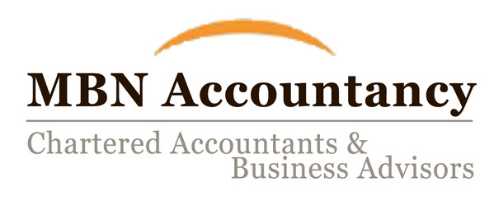No one likes the idea of the taxman taking a chunk of their estate when they die, particularly if it will be necessary to sell a much-loved property to pay the inheritance (IHT) bill. The introduction of the residence nil rate band (RNRB -set at £175,000) means that a couple can now leave combined estates worth £1 million free of inheritance tax where this includes a residence valued at £350,000 or more, which is left to direct descendants.
Read More
Open until 31 March 2021, the Governments’ Bounce Back Loan Scheme (BBLS) helped support businesses during the coronavirus pandemic, permitting firms to apply a minimum of £2,000, up to a maximum of £50,000, or 25% of business turnover whichever is the lower amount, repayable over either six or ten years, with the government paying the interest for the first 12 months to the lender.
Read More
All taxpayers have a responsibility to complete their tax returns correctly, to the best of their ability. However, inevitably, mistakes occur which may not be the taxpayer’s fault; other times the ‘error’ may be deliberate. There is a statutory definition of ‘careless’ which provides that an ‘inaccuracy in a document given by [a person] to HMRC is “careless” if the inaccuracy is due to the failure by [the person] to take reasonable care’.
Read More



